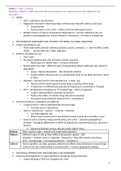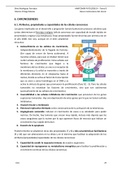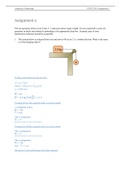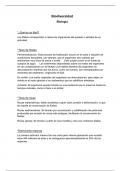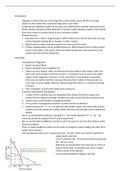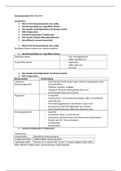Resume
Samenvatting - Marketing
- Cours
- Marketing (1105TEWBDK)
- Établissement
- Universiteit Antwerpen (UA)
Dit samenvattend werk dat de marketing behandelt is gebaseerd op de vijfde editie van het boek Marketing, geschreven door Paul Baines, en de topics die gezien worden in het opleidingsonderdeel Marketing gedoceerd door Prof. Dens aan de faculteit FBE van de Universiteit Antwerpen.
[Montrer plus]




